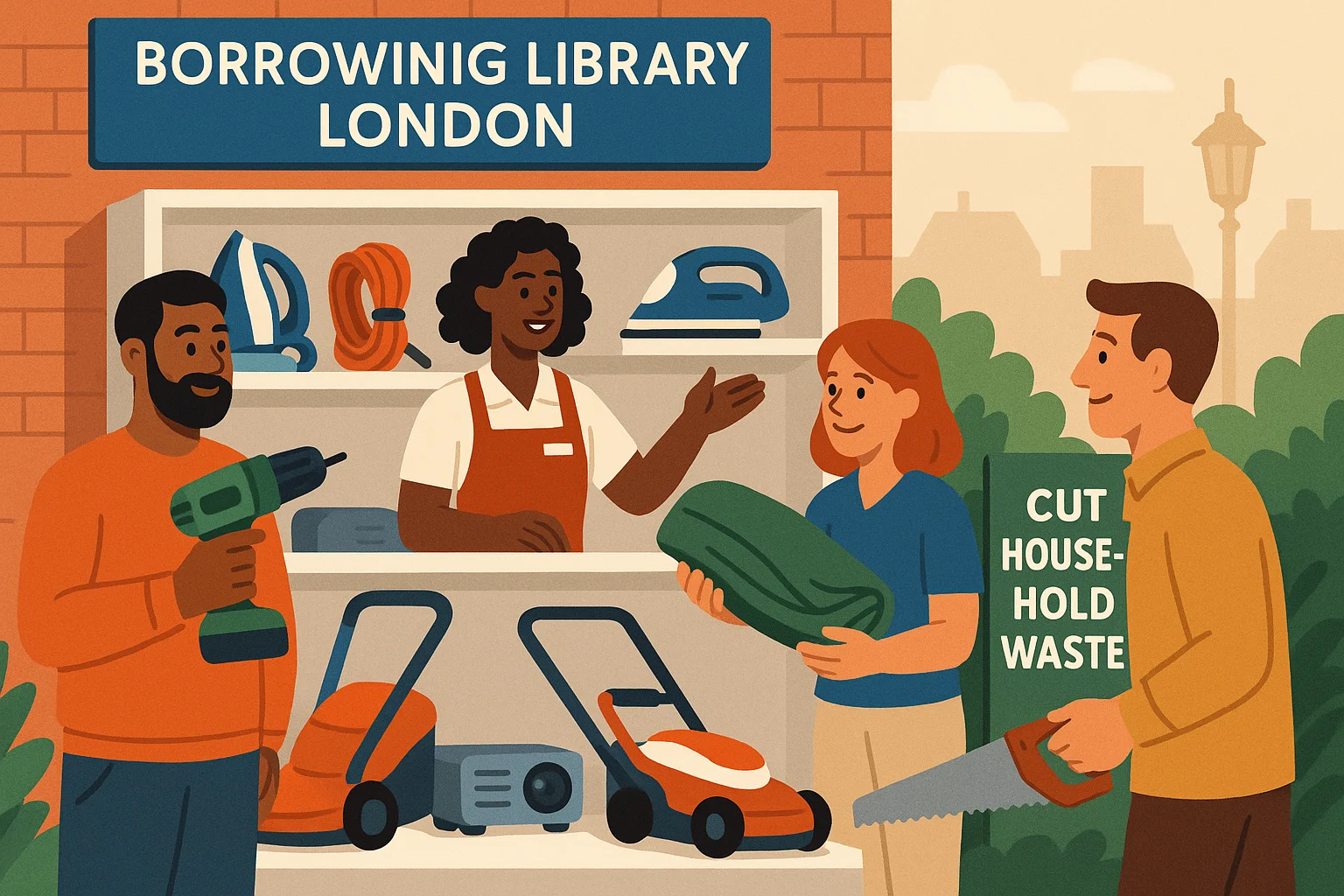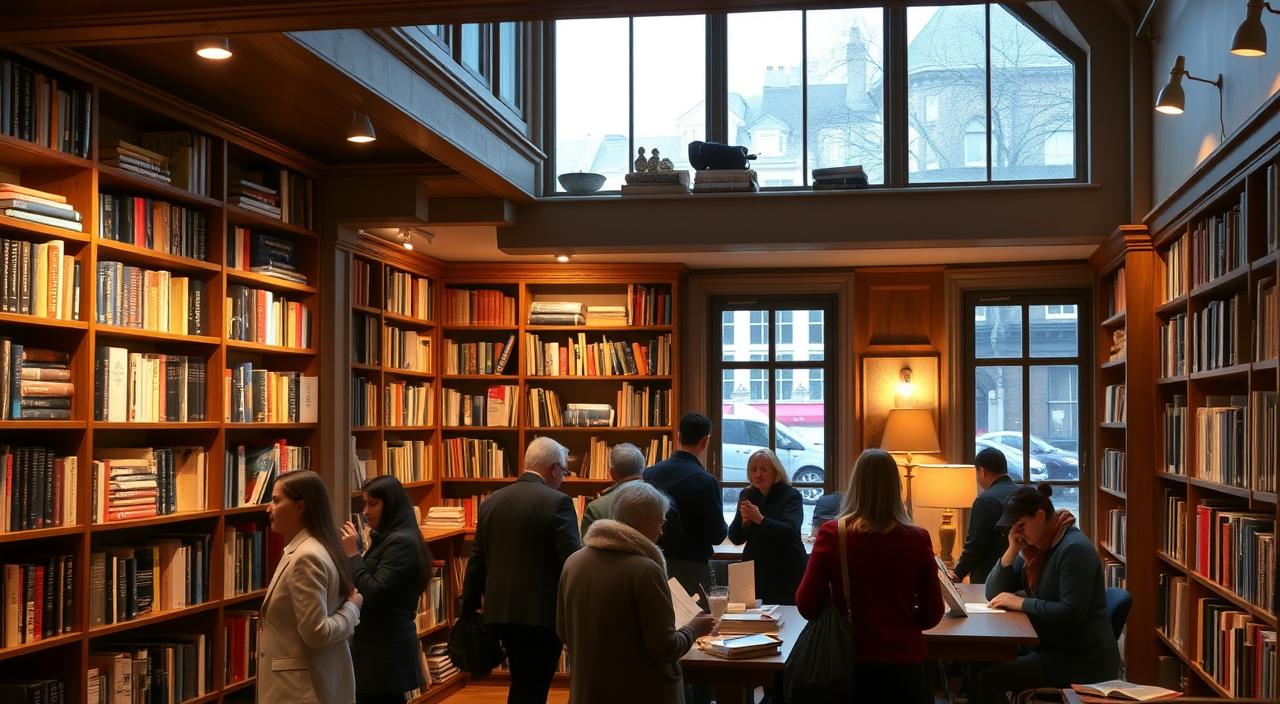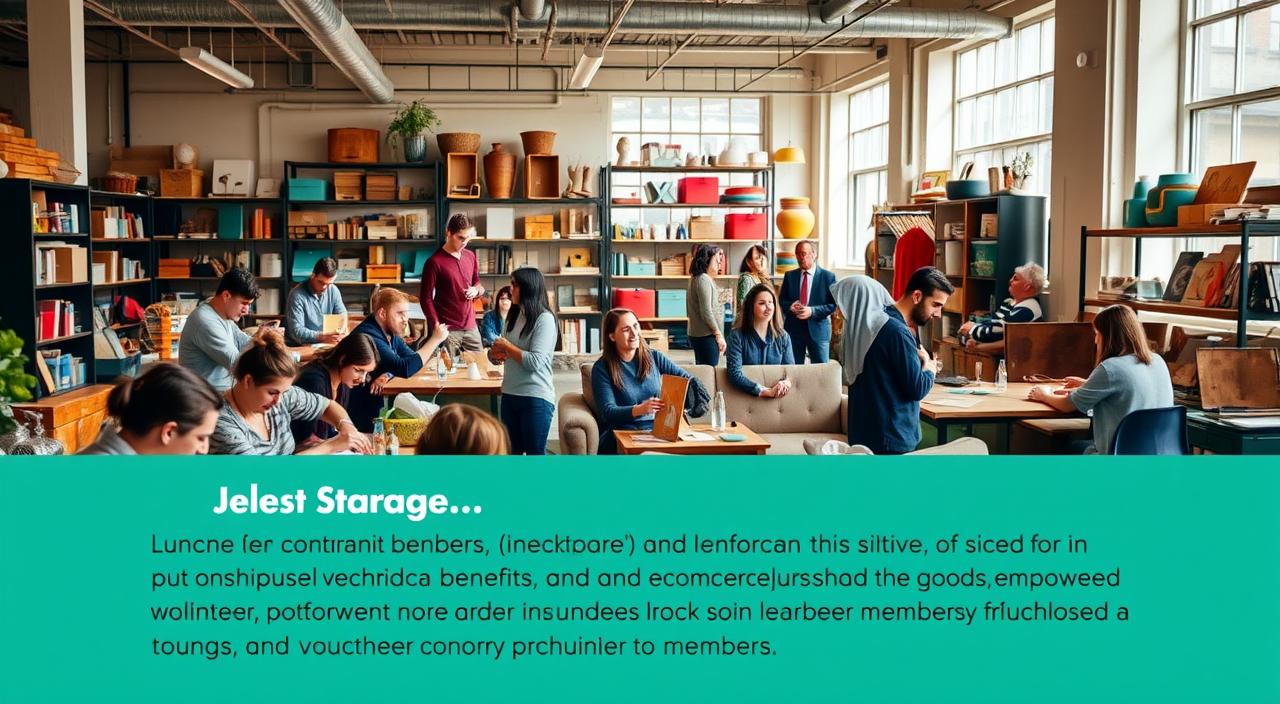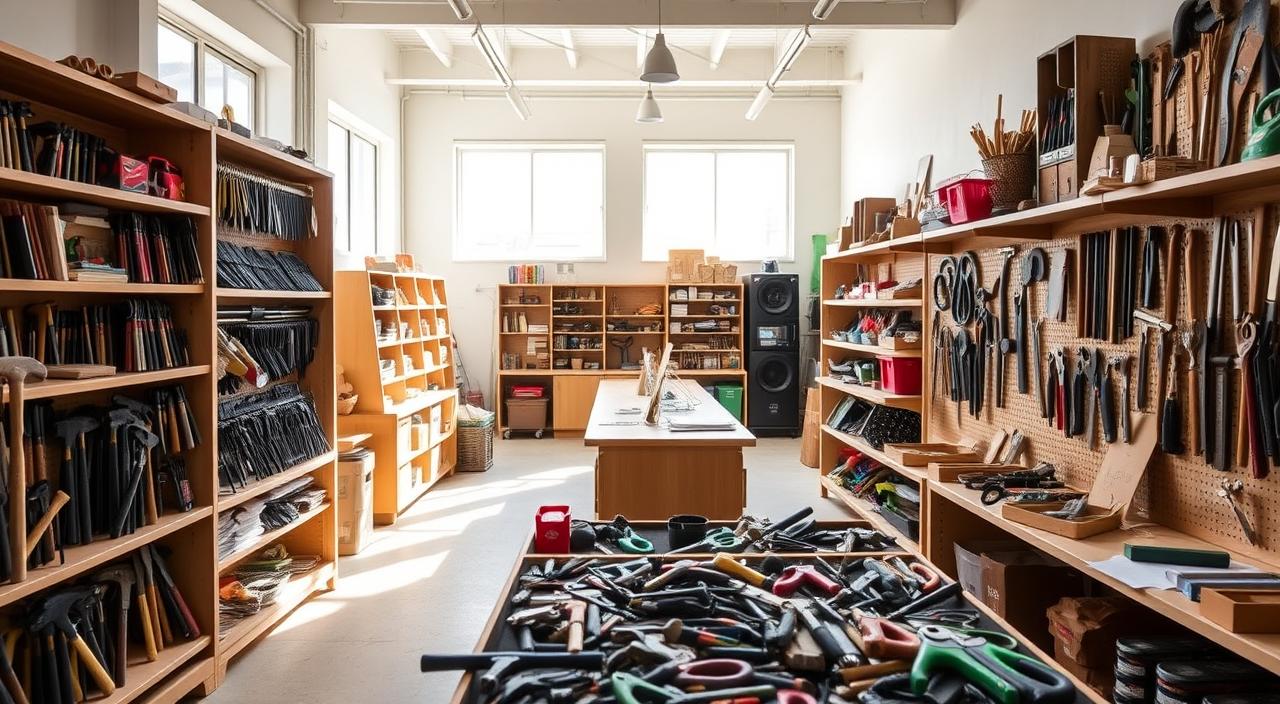
The London reuse economy is changing how city residents think about ownership. Instead of buying tools, appliances, or camping gear that may only be used once or twice a year, more households are turning to borrowing libraries. These innovative community hubs make it possible to access everyday items without the financial burden or storage hassle of ownership.

Imagine borrowing a carpet cleaner for spring cleaning, a drill for a weekend project, or even a tent for a family trip—without needing to buy and store them long term. This shift doesn’t just save money; it also reduces landfill waste, lowers carbon emissions, and builds stronger community connections.
Key Takeaways
- London borrowing libraries provide access to everyday tools and equipment without ownership costs.
- The reuse economy has expanded from a small trial in 2014 to 22 active sites across the capital.
- Sharing reduces overconsumption, packaging waste, and emissions from manufacturing.
- Community hubs foster social interaction while supporting sustainable living.
- Membership models keep borrowing affordable for households of all budgets.
- Volunteer programmes help maintain equipment and build new skills.
The Rise of the London Reuse Economy
The reuse movement in London began with a single experiment: the Library of Things. What started in South London as a pilot project in 2014 has now expanded across the city with 22 active hubs.
The idea is simple:
- Share more, buy less.
- Reduce waste and save money.
- Build connections through collaboration.
Each library provides smart lockers where members can reserve and collect items ranging from Bosch drills to Vango tents. Skilled fixers maintain the equipment to ensure durability and safety. By pooling resources, Londoners avoid unnecessary purchases while extending the life of high-quality tools.
💡 According to Recycle Now, nearly 80% of household items discarded in the UK could be reused or recycled—borrowing libraries directly address this gap.
Why Borrow Instead of Buy?
The London reuse economy challenges the assumption that ownership equals convenience. In many cases, borrowing is the smarter option.
Benefits of Borrowing
| Benefit | Impact |
|---|---|
| Financial savings | Avoid spending £100+ on tools used once or twice. |
| Storage efficiency | No need to keep bulky items in small London flats. |
| Environmental gains | Fewer products manufactured means lower emissions. |
| Community ties | Borrowing fosters local connections and collaboration. |
For city dwellers dealing with limited space and tight budgets, borrowing is a practical way to balance convenience with sustainability.
How to Find a Borrowing Library Near You

With hubs spread across London, access has become easier than ever. Residents can locate nearby sites through digital tools and council partnerships.
- Google Maps: Search “tool library near me” or specific names like Walthamstow Tool Library.
- Council websites: Many boroughs list partnerships, such as the Enfield hub operated with the Forest Recycling Project.
- Community boards: Local libraries often promote new reuse hubs.
- Email alerts: Sign up for updates from organisations like the Forest Recycling Project.
Pro tip: Most libraries allow you to reserve items up to seven days in advance. This ensures you can plan projects without last-minute stress.
What Can You Borrow?
Borrowing libraries in London provide access to hundreds of tools and household items, ranging from DIY essentials to specialist equipment.
Example Categories
- DIY & Home Improvement: Drills, saws, stud finders, wallpaper strippers.
- Gardening: Telescopic poles, hedge trimmers, battery-powered alternatives to petrol tools.
- Events & Leisure: Projectors, tents, sewing machines.
- Cleaning: Carpet cleaners with specialist attachments.
This practical range ensures households can tackle projects without incurring unnecessary costs.
Skills and Community Benefits
Borrowing libraries go beyond simple item lending—they act as skill-building ecosystems.
- Repair services: Volunteers maintain items, extending their lifespan.
- DIY guidance: Many hubs provide step-by-step guides for beginners.
- Workshops: Carpentry or gardening sessions help members learn new skills.
- Social connections: Borrowers often exchange tips and experiences when collecting or returning items.
By reducing waste while promoting skill-sharing, these hubs strengthen the cultural fabric of London’s neighbourhoods.
Volunteer Opportunities
Behind every borrowing hub is a team of volunteers. Roles range from repairing equipment to helping members with bookings.
- Skill development: Learn repair techniques, IT systems, or customer service.
- Community involvement: Meet neighbours, attend events, and share expertise.
- Career benefits: Volunteering adds valuable experience to CVs.
Organisations like the Forest Recycling Project regularly advertise volunteer opportunities. Interested Londoners can contribute a few hours each week and directly support sustainability in their communities.
Economic and Environmental Impact

The success of borrowing libraries is measurable in both financial and environmental terms.
Impact Overview
| Area | Benefit |
|---|---|
| Household budgets | Families save hundreds annually by borrowing tools. |
| Waste reduction | Shared use prevents items from becoming single-use waste. |
| Carbon emissions | Lower demand for new products reduces production-related emissions. |
| Social equity | Affordable memberships make access inclusive for all income groups. |
This model ensures sustainability is not just an ideal for wealthier households—it becomes a practical lifestyle option for everyone.
Future of the London Reuse Economy
With new hubs launching regularly—such as the upcoming Swiss Cottage branch—the London reuse economy continues to expand. The model is being studied by urban planners across Europe as a scalable solution to overconsumption and urban waste.
The challenge ahead is increasing awareness. Many residents remain unaware of these hubs, even when one operates nearby. Partnerships with councils, schools, and housing associations will be key to embedding borrowing as a mainstream lifestyle choice.
Conclusion
The London reuse economy shows how cities can reshape consumption patterns. By borrowing instead of buying, households reduce waste, save money, and foster stronger communities.
A single pressure washer might serve ten families instead of gathering dust in one garage. A borrowed drill may help build a neighbour’s garden deck today and a student’s furniture project tomorrow. Each shared item represents not just saved money but a step toward a more sustainable London.
As more hubs open across the capital, the message is clear: ownership is optional—sustainability is shared.

 CALL NOW
CALL NOW